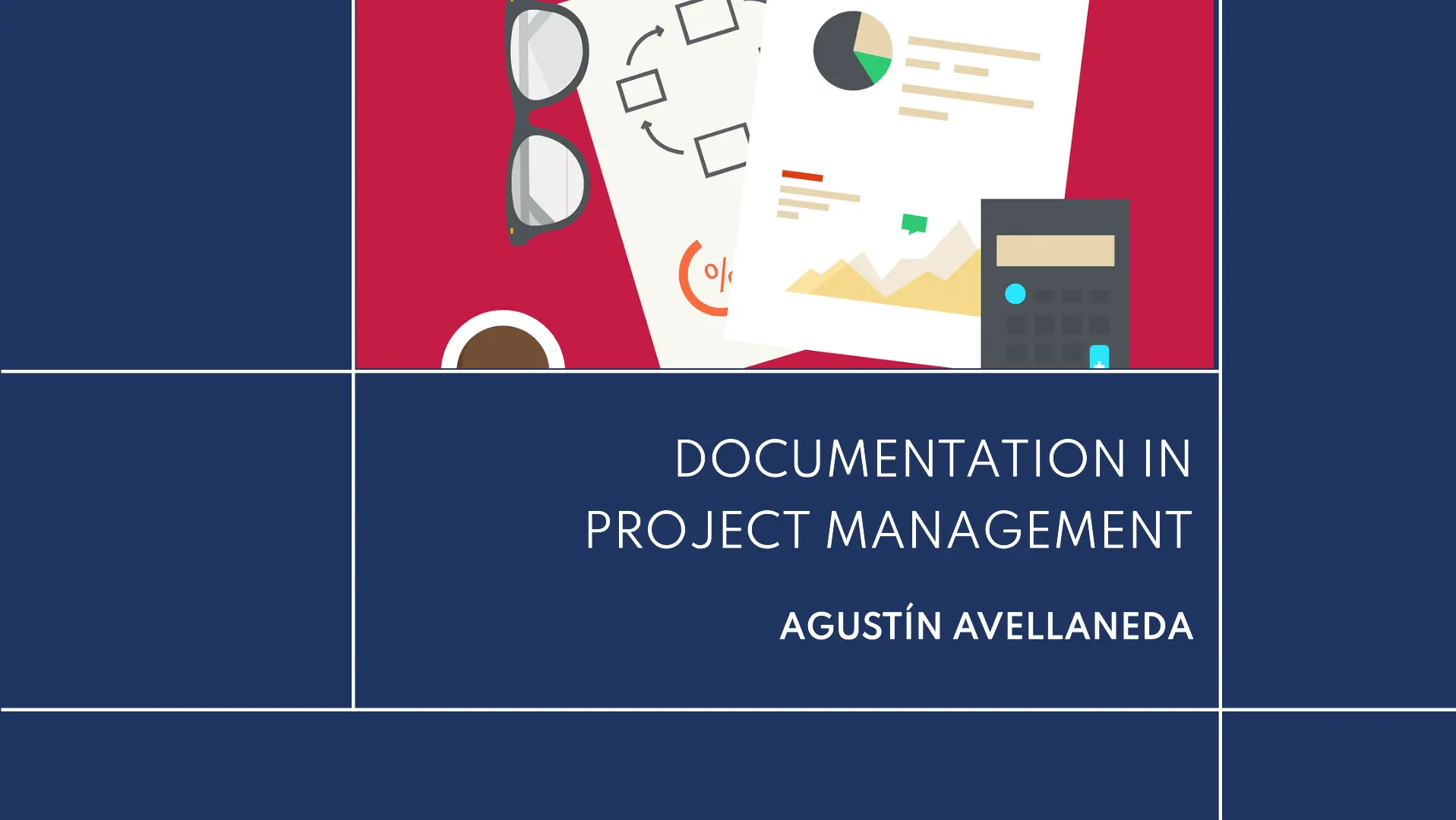Documentation in project management
Documentation in project management refers to the creation and maintenance of clear and organized records that capture all relevant information about a project. This includes project plans, progress reports, meeting minutes and any other that helps guide and communicate the progress of the project.
Why is documentation important for a Project Manager (PM)?
- Clarity and Communication: Documentation helps set clear expectations among all team members and stakeholders. - Progress Monitoring: It allows PMs to monitor project progress, identify deviations, and adjust plans as necessary.
- Risk Management: By documenting risks and lessons learned, PMs can anticipate future problems and apply solutions based on past experiences.
- Knowledge Transfer: Good documentation ensures that knowledge is maintained within the organization, even if team members change. Facilitating the incorporation of new members to the team, since they can quickly get up to date with relevant information.
How does documentation affect project efficiency?
-Error Reduction: Documenting processes and procedures reduces the possibility of misunderstandings and errors, which can save time and resources.
- Increased Responsibility: By having a clear record of roles and responsibilities, PMs can ensure that each team member knows what is expected of them.
-Facilitation of Decision Making: With documented and accessible information, PMs (also the development team) can make more informed and data-driven decisions.
Documents that I consider are essential
- Project Plan: Defines the objectives, scope, resources and schedule. (My favorite, I divide it into two documents: Scope, and Requirements)
- Meeting Minutes: They record the discussions and decisions made during the meetings. (You can even use AI, recording and transcribing meetings)
- Progress Reports: Provide regular updates on the status of the project. (I normally use kanban during the project and at the end I transfer the necessary data to the report)
- Risk Documentation: Identify, evaluate and plan risk management. (The one that is most difficult for me to put together)
Conclusion
Effective documentation helps in improving the success of a specific project, while contributing to the creation of an organizational culture that values continuous learning and improvement. Having documentation is key to organizing teams, projects and maintaining the vision of any organization.
Without further ado, thank you for your time, have a nice day.
Dont forget to share it with whoever you think might be useful. this information

